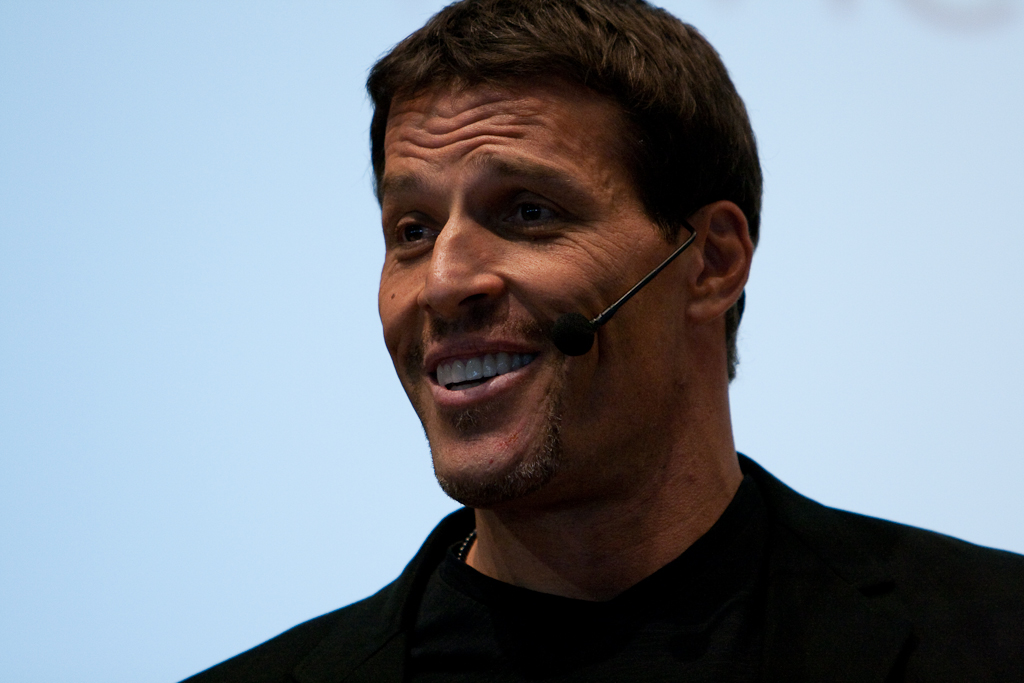
The Master Communicator course at SpeechSchool.TV is one of the leading online video courses on the internet that teaches successful public speaking techniques through providing detailed examples and opportunities for assessment. This week at the Speech Success blog we caught up with 5 key public speaking tips taught in this course:
1. Capture audience delight in your opening
The most important part of your speech that you will craft is your opening gambit. This is powerful because it is from that opening that most of your audience will decide whether they want to go on listening to you! This first impression is vital as the audience gains a sense of whether they will be entertained or bored. Get a laugh or a little warm appreciation from your audience at this point and you’ll also gain the confidence you need to deliver the rest of the speech well. Use your opening to get attention with a story, question, major promise or surprise.
2. Generate credibility immediately after your opening
Once you have relaxed, entertained and got your audience on your side right from the start, the question that then goes through people’s mind is “what do you have to do with this topic and why are you the best person to be sharing with us about that?” Now that you have your audience’s attention you need to build credibility and provide your back story or credentials so they continue to trust you to tell them the rest of the story.
3. Build from points of lesser value to higher value, reaching a climax
Like a good story, the energy, intensity and power of your speech should build as you go. For example if you were talking about your involvement with a fast growing business, you would begin with the simple, early days processing radio orders from a garage, then build up to the growth through TV advertising and the employment of hundreds of people – through to the terrible collapse and bankruptcy – and the remaking of your life. The technique is that the points become more hard hitting as you build to the climax, building and intensifying audience interest as you go.
4. Ensure you come down from the climax with a denouement (explanation and unravelling of what happened)
Once you have built the climax toward the end of your speech, it is then important to unravel and explain what this means for you audience. This is the part where they are hanging on your every word to gain the moral of the story and the key piece of ‘take home’ information.
5. Finish your speech by making it clear what action your audience should now take or what changes they should make
This is important. The aim of any speech is to take an audience emotionally from their existing thinking about a subject (A) to new thinking (B) about that subject from your speech. At the end you must explain what you need the audience to do to embrace thinking ‘B’. It could be to take some action, or to change their mind on some issue. This is the chance to capitalise on all the arguments and material you have made in your speech.
The SpeechSchool.TV Master Communicator course provides further online video training and demonstrations on how to use and implement these tips for more effective public speaking.










